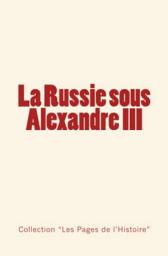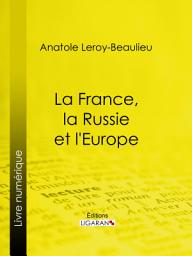Henri Jean Baptiste Anatole Leroy-Beaulieu
Anatole Leroy-Beaulieu (1842-1912) was a French political scientist and historian who wrote extensively about Russia, anti-Semitism, the role of religion in politics, and political movements in Europe. English translations of three of his books appeared from 1892 to 1900: "Israel among the Nations: A Study of the Jews and Antisemitism," "The Empire of the Tsars and the Russians" and "Papacy, Socialism and Democracy." His prolific contributions to the magazine "Le Revue des Deux-Mondes" included some essays about Jews and anti-Semitism.Leroy-Beaulieu was a professor of political science at the École Libre des Sciences Politiques in Paris from 1880 to 1912 and assumed the presidency of that college in 1906. A member of the French Institute and the French Academy of Moral and Political Science, he also served as president of the Society for Social Studies and as the final president of the French Anti-Atheist League.His optimism about people's ability to coexist peacefully is seen in his active involvement in the 1900 World's Fair in Paris--an event that symbolized global friendship and cooperation--and his service on the board of an international arbitration organization. In 1901, in one of his more presciently optimistic projects, he led a committee of political scholars who urged the formation of a "European union" that they proposed calling "the United States of Europe." Like certain thinkers in previous centuries, they considered this the best hope for peace and prosperity on that continent. Leroy-Beaulieu himself wrote the committee's detailed proposal on how such a union might work, published more than nine decades before the founding of the European Union and half a century before its earliest predecessor.
Ebooks
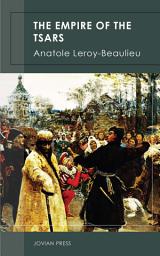
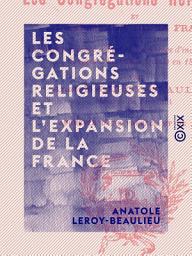
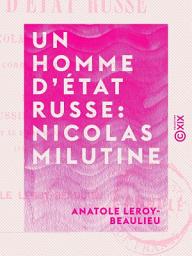
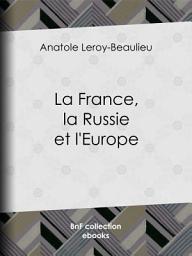
![Icon image Pourquoi nous ne sommes pas socialistes [édition intégrale revue et mise à jour]](/books/publisher/content/images/frontcover/PbgaCwAAQBAJ?fife=w256-h256)
